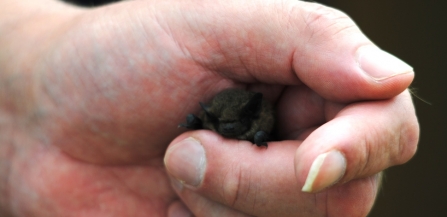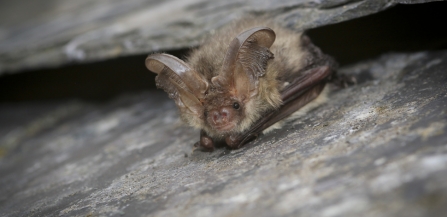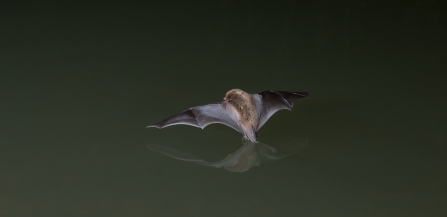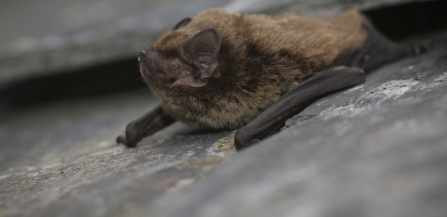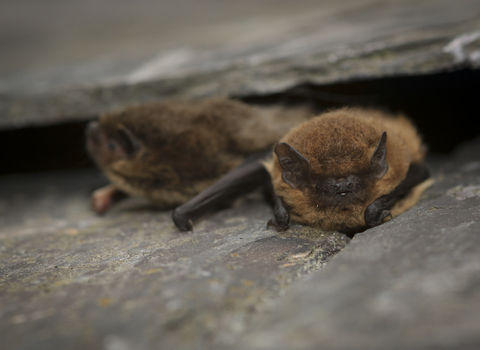Bats are incredible and can regularly be spotted in our urban areas, but how much do you really know about these spectacular creatures?
Fact 1: Bats could be competitive eaters!
Did you know that the common pipistrelle will eat an average of 3.5 THOUSAND midges in just one evening? That's the equivalent of a small child eating 60 roast dinners a day - what greedy guts!
Bats need to eat this much just to stay alive as their lifestyles are so energy intensive. For this reason, bats are fantastic indicators of a healthy insect population.


